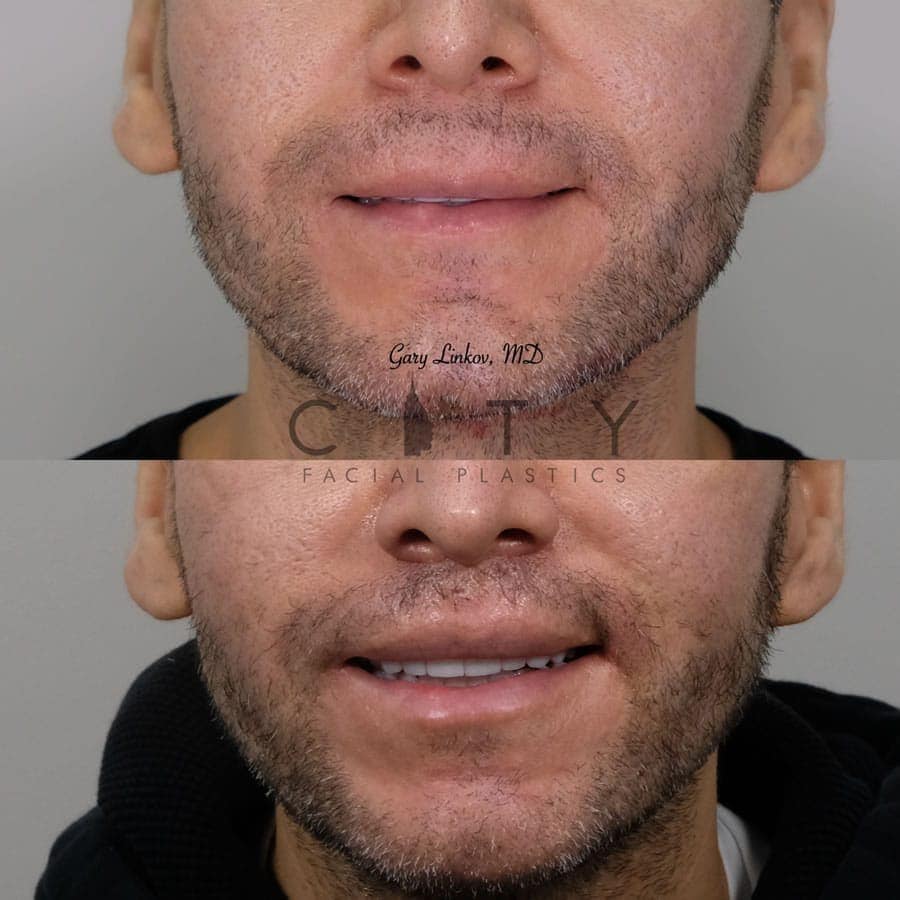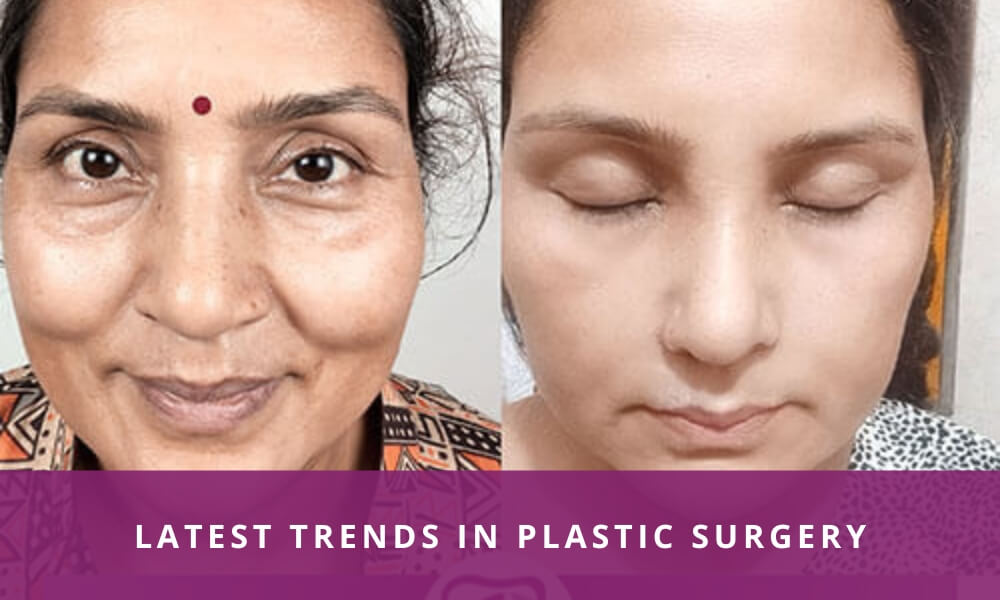Plastic Surgery Rancho Cucamonga: Enhance Your Confidence with Customized Cosmetic Treatments
Plastic Surgery Rancho Cucamonga: Enhance Your Confidence with Customized Cosmetic Treatments
Blog Article
Examining the Psychological and Social Elements That Drive People to Think About Plastic Surgery as a way of Improvement
The choice to go after cosmetic surgical treatment usually expands past simple appearances, linking with emotional and social dynamics that warrant detailed exam. Aspects such as self-worth, prevalent social beauty criteria, and the pervasive influence of social media merge to shape private motivations for medical enhancement. As these impacts come to be significantly famous, understanding the underlying psychological and cultural contexts is essential. What continues to be to be explored is the profound impact these variables have not only on individuality but additionally on more comprehensive societal standards and values surrounding elegance and acceptance.
The Duty of Self-Esteem
Self-confidence considerably affects an individual's decision to go after cosmetic surgery. People with reduced self-esteem typically regard themselves in an unfavorable light, bring about sensations of inadequacy regarding their physical appearance. This adverse self-perception can drive them to seek surgical interventions as a technique of enhancing their self-image. The desire for improvement in one's appearance is regularly connected to an idea that such changes will elevate their general self-respect and self-confidence.

Ultimately, the function of self-confidence in the decision-making process concerning cosmetic surgical treatment highlights the intricate interaction in between body picture, personal fulfillment, and psychological wellness. Comprehending this relationship is essential for health care experts to guarantee that patients are making educated decisions rooted in sensible expectations and emotional health.
Societal Charm Specifications
Influenced by pervasive media representations and cultural stories, social appeal standards play an essential duty fit people' understandings of their very own bodies. These requirements are frequently characterized by an idealized kind of charm that stresses characteristics such as slimness, youthfulness, and proportion. As these perfects are perpetuated with various channels, including marketing, tv, and movie, individuals regularly internalize these messages, resulting in frustration with their natural appearance.
The ramifications of these social standards extend past aesthetic preferences; they can influence self-esteem, mental health, and interpersonal connections. People that perceive themselves as disappointing these standards may experience feelings of insufficiency, triggering a wish for cosmetic surgery as a means of accomplishing social approval. This pursuit is commonly sustained by the belief that adjusting to these ideals will enhance not only physical appearance however also social standing and individual fulfillment.

Impact of Social Media
The influence of societal charm requirements is more intensified by the surge of social media sites systems, where curated photos and idyllic depictions of elegance are ubiquitous. Users are continuously subjected to filtered and modified pictures, which often depict unattainable physical characteristics. This exposure cultivates a culture of comparison, leading people to analyze their own appearance against these frequently unrealistic criteria.
Social media site influencers and celebrities frequently promote aesthetic treatments, stabilizing the idea that surgical enhancements are a practical means for achieving social suitables (plastic surgery rancho cucamonga). The visibility of these improvements can produce a perception that going through plastic surgery is over here a basic method, consequently influencing individuals to take into consideration similar interventions as a path to boosted self-confidence and social acceptance
Additionally, the interactive nature of social media sites enables immediate responses with likes and comments, better strengthening the desire to conform to popular beauty criteria. Such interactions can exacerbate sensations of insufficiency and drive individuals towards plastic surgery as a way of gaining recognition. Eventually, social media plays a crucial function fit understandings of this article elegance, which significantly influences the decision-making processes bordering cosmetic surgical treatment.

Social Viewpoints on Look
Across numerous societies, understandings of appearance are deeply rooted in historical, social, and financial contexts, shaping people' sights on appeal and charm. In many cultures, appearance acts as a considerable pen of identification, influencing social standing, expert opportunities, and individual partnerships. For instance, in some societies, light skin is usually connected with wealth and privilege, while others might idealize darker complexion as symbols of toughness and authenticity.
Furthermore, typical charm criteria are typically perpetuated through cultural stories, media representations, and family affects, bring about varying perfects across different regions (plastic surgery rancho cucamonga). In Western cultures, the focus on young people and fitness usually drives people toward aesthetic improvement, while in certain Eastern societies, even more subtle modifications straightened with standard looks may be favored
Globalization and the proliferation of digital media have actually further made complex these characteristics, producing a hybridization of elegance ideals that transcends geographical limits. As individuals significantly navigate these cultural narratives, the stress to adapt to specific appearance requirements can cause the need for plastic surgery, showing an intricate interaction of personal goals and cultural values. Comprehending these social perspectives is vital in resolving the inspirations behind plastic surgery considerations.
Mental Influences of Aesthetic Surgical Procedure
Many people looking for cosmetic surgical treatment report experiencing profound mental effects that can substantially change their self-perception and emotional health - plastic surgery rancho cucamonga. The wish for physical improvement commonly comes from underlying issues such as reduced self-confidence, body dysmorphic disorder, or societal pressures regarding appeal requirements. For some, the immediate post-operative stage can bring about a short-term boost in self-esteem and fulfillment with their appearance, cultivating a sense of empowerment
Nonetheless, these favorable feelings might not be enduring. Study indicates that while some people experience enhanced self-esteem, others might face elevated stress and anxiety or anxiety if their assumptions are not satisfied. This disparity can occur from impractical perfects bolstered by media representation and social narratives surrounding elegance.
Furthermore, the emotional ramifications of plastic surgery extend past the person. Relationships with friends and family may be stressed as social characteristics shift, bring about sensations of isolation or alienation. Eventually, the emotional impacts of cosmetic surgical treatment are multifaceted and complicated, needing mindful consideration by both potential clients and medical care suppliers browse around this site to ensure informed decision-making and sensible assumptions.
Conclusion
To conclude, the decision to go after cosmetic surgical procedure is substantially influenced by a mix of self-worth issues, societal elegance requirements, and cultural perspectives on look. The pervasive reach of social media sites further exacerbates these stress, promoting impractical perfects that people typically strive to acquire. Comprehending these psychological and social aspects is essential for attending to the motivations behind plastic surgery, highlighting the need for a much more nuanced conversation surrounding beauty and self-acceptance in contemporary culture.
The choice to go after cosmetic surgical treatment usually expands past simple appearances, linking with mental and social dynamics that merit thorough examination. Inevitably, social media plays an essential role in forming understandings of charm, which considerably influences the decision-making processes surrounding cosmetic surgery.
As individuals increasingly browse these social narratives, the stress to adjust to certain appearance criteria can lead to the wish for cosmetic surgical treatment, showing a complex interaction of cultural worths and personal aspirations.In conclusion, the choice to pursue cosmetic surgery is significantly influenced by a mix of self-esteem issues, social charm criteria, and cultural point of views on appearance. Comprehending these social and emotional factors is important for addressing the motivations behind cosmetic surgery, highlighting the requirement for a more nuanced conversation bordering elegance and self-acceptance in modern culture.
Report this page